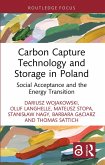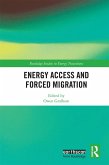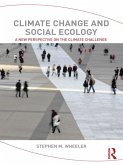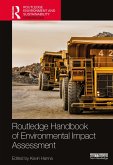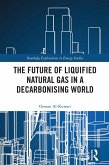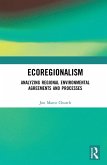At the national and regional level, the social barriers of CCUS acceptance are ignorance, uncertainty and the lack of public debate about this technology. On the local scale, social acceptance depends on the needs and fears of the local community. Some of those fears - distrust and perception of CO2 as a waste - could be recognized as universal dilemmas connected with CCUS. Although as knowledge about CCUS increases, a significant change in attitude can be observed. This change does not mean an acceptance of that technology. It is rather a shift towards more benign forms of resistance - from NIMBY to WIMBY. The book presents actual mechanisms of social reaction to UGS and CCUS investment, which will be a valuable contribution to managing social change in the context of green transition.
The issue of social acceptance of CCUS should be of interest to decision makers and practitioners who manage investment projects in the broadly understood green transformation on a daily basis, and also to postgraduate students, researchers, academics and lecturers in political studies, sociology or economics, and in engineering studies connected with energy transformation.
Dieser Download kann aus rechtlichen Gründen nur mit Rechnungsadresse in A, B, BG, CY, CZ, D, DK, EW, E, FIN, F, GR, HR, H, IRL, I, LT, L, LR, M, NL, PL, P, R, S, SLO, SK ausgeliefert werden.



